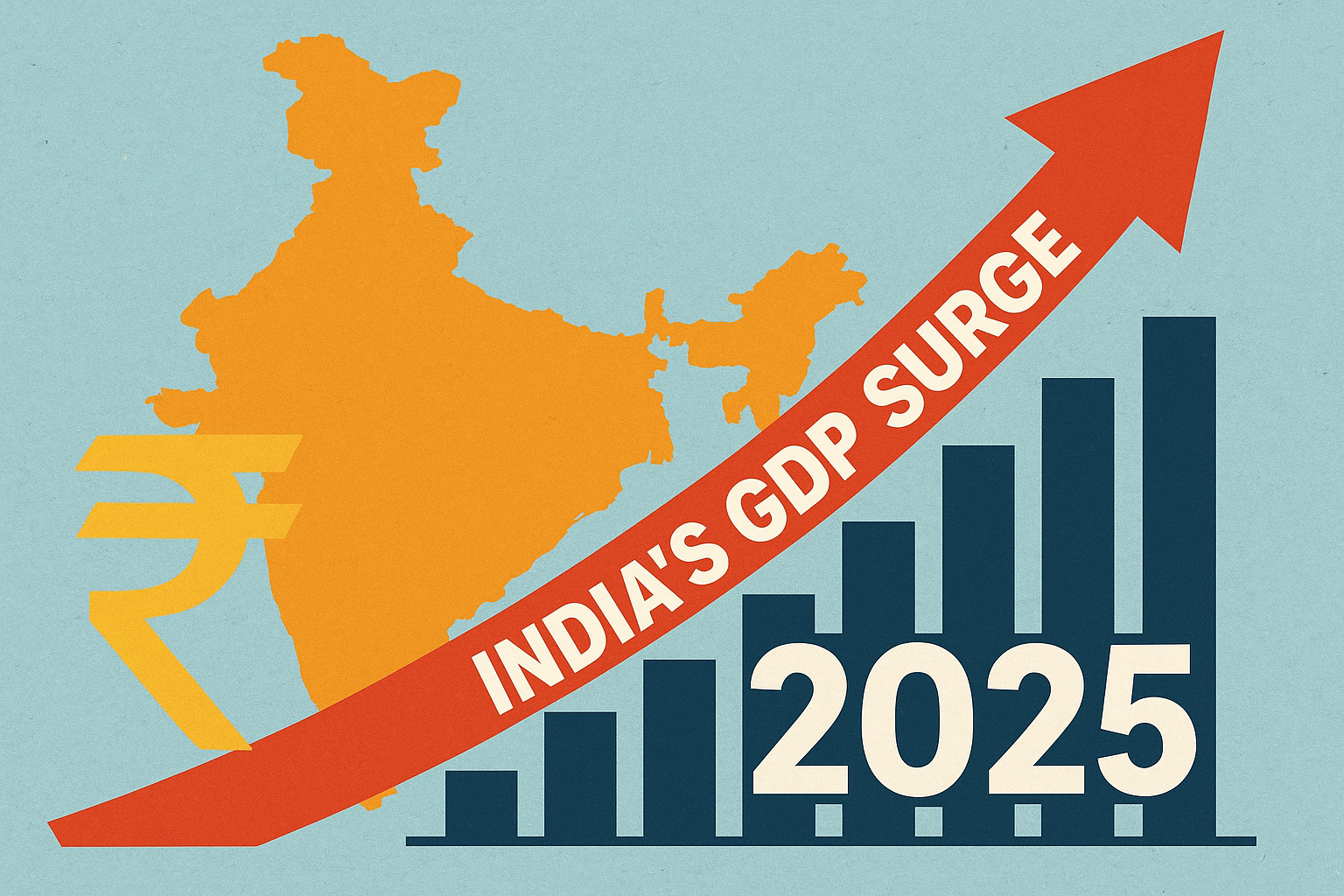
Table of Contents
The new fiscal year is here. How will the changes from April 1 affect your wallet? Learn more.
As we enter the fiscal year 2024-25 on April 1, significant financial and regulatory changes await. From tax updates to digital payment security, these adjustments will impact our investments and daily finances. Let’s explore what these changes mean for us.
Changes in insurance policies in this new fiscal year
All insurance policies must be digitised as of April 1, 2024, according to the Insurance Regulatory and Development Authority of India (IRDAI). This shift to e-insurance is designed to make managing insurance policies easier and more secure for policyholders.
An e-Insurance Account (EIA) will hold these digital policies, similar to a demat account for shares. This account offers several benefits, such as reducing paperwork, minimising the risk of losing important documents, and simplifying the process of updating personal details across multiple policies. Insurance holders can manage all their policies through a single EIA, ensuring easy access and convenience.
Policyholders also have the option to receive physical copies of their insurance documents upon request, ensuring flexibility in how insurance information is accessed and stored.
This move towards digitization reflects a broader trend towards increasing the efficiency and security of managing insurance policies, aiming to enhance the policyholder’s experience.
EPFO update
Starting April 1, 2024, the EPFO introduces a significant ease for its members: automatic transfer of Provident Fund (PF) balances when changing jobs. This move eliminates the previous requirement for members to manually initiate the transfer process upon moving to a new employer.
The mechanism is straightforward. If an employee’s Universal Account Number (UAN) is linked and verified with their Know Your Customer (KYC) details, the PF balance will seamlessly move to the new employer’s account following the first contribution in the new job.
This automatic trigger is designed to ensure that employees can focus on their new roles without worrying about administrative procedures related to their retirement savings.
New changes in drug pricing
Starting April 1, the Department of Pharmaceuticals has announced revisions in drug pricing, impacting the cost of 65 formulations. This includes essential medications like painkillers, antivirals, antibiotics, antimalarials, and drugs for managing type 2 diabetes.
The adjustments are in response to a minor inflation rate of 0.00551% in the National List of Essential Drugs (NLEM) prices, as dictated by changes in the Wholesale Price Index (WPI).
The adjustment is a routine measure aimed at balancing the cost pressures faced by pharmaceutical companies due to the rising cost of raw materials and the efforts to keep essential drugs affordable for consumers. The National Pharmaceutical Pricing Authority (NPPA) has meticulously updated the ceiling and retail prices of these formulations, ensuring that any price increase remains marginal and within the bounds of affordability.
FASTag KYC update

Source: Business Today
Users of FASTag who have not updated the KYC information for their car may experience service interruptions starting on April 1. Banks will deactivate FASTags for accounts that are non-compliant with the Reserve Bank of India (RBI) regulations, potentially leading to users being charged double toll taxes at toll plazas.
The National Highways Authority of India (NHAI) emphasises the importance of adhering to these guidelines, urging FASTag customers to complete their KYC updates to avoid inconveniences.
This measure is a component of the NHAI’s “One Vehicle, One FASTag” campaign, which attempts to stop the improper usage of FASTags, such as attaching the same tag to several vehicles or the other way around.
Changes in mutual funds
Starting April 1, 2024, there are notable changes in the mutual funds sector. Firstly, all mutual fund transactions now require updated KYC (Know Your Customer) documentation. Bank statements are no longer valid proofs; Aadhaar ID, passport, and voter ID are the new officially valid documents for mutual fund investments and withdrawals. This move ensures a streamlined, secure process for investors, aligning with tighter regulatory requirements.
Moreover, the Securities and Exchange Board of India (SEBI) has instructed asset managers to stop making new investments in foreign exchange-traded funds (ETFs). This decision comes as investments neared the $1 billion cap set for such financial instruments. The mutual fund industry’s foreign investment in ETFs had reached 95% of this limit, prompting SEBI to implement restrictions to manage foreign exposure carefully.
New update in OLA Money wallet
OLA Money is transitioning to a small PPI (Prepaid Payment Instrument) wallet service, setting a maximum wallet load limit of ₹10,000 per month. This change affects users who have previously completed full KYC verification for their OLA Money wallets.
Users are now presented with two options: convert their full KYC wallet to a small PPI wallet or close their wallet entirely, with the latter option allowing for a full withdrawal without any bank transfer fee.
If the user takes no action, the OLA Money wallet will be suspended effective from April 1, limiting the ability to perform transactions until compliance is achieved. This move is part of an internal policy shift within OLA Financial Services, aiming to streamline operations and comply with regulatory requirements.
NPS new rule
From April beginning, the Pension Fund Regulatory and Development Authority (PFRDA) implemented improved security measures for the National Pension System (NPS) with two-factor authentication for all users logging onto their accounts.
This added layer of security involves using an OTP received on registered mobile phones or Aadhaar-based authentication, making the login process more secure. The PFRDA is taking this action to protect NPS subscribers’ interests and drastically reduce the possibility of unlawful access.
Default new income tax regime
From April 1, 2024, the new income tax regime will be the default option for taxpayers in India, as announced in the Union Budget by Finance Minister Nirmala Sitharaman.
This move aims to simplify the tax filing process and encourage wider adoption of the new regime, although taxpayers retain the choice to opt for the old regime if it proves more beneficial.
Source: Income Tax India
Credit and debit card policy changes
Beginning in April 2024, significant changes to credit and debit card policies will affect cardholders across various banks in India.

Source: Freepik
- SBI has revised its reward points policy, specifically affecting cardholders of the AURUM, SBI Card Elite, SimplyCLICK SBI Card and few more, particularly in the accumulation of points through rental payments. Additionally, SBI has increased the annual maintenance charges for select debit cards by ₹75.
- ICICI Bank now offers one complimentary airport lounge visit for cardholders who spend ₹35,000 within the preceding calendar quarter, setting a new precedent for reward-based lounge access.
- With effect from April 20, 2024, Axis Bank has announced changes to the Magnus credit card, including adjustments to the lounge access rights and reward point system.
Furthermore, YES Bank introduces a policy granting complimentary domestic lounge access to credit cardholders who spend ₹10,000 or more in a calendar quarter, enhancing benefits for frequent spenders.
Bottomline
The onset of April 2024 brings significant updates across various financial services, aiming to enhance efficiency and security. It is crucial to stay informed and adapt to these changes for seamless financial management. This is an opportunity to review and optimise our financial strategies for the upcoming year as we embrace these new norms.
DISCLAIMER: This article is not meant to be giving financial advice. Please seek a registered financial advisor for any investments.
- Make in India 2.0: How Manufacturing Is Reshaping Market Sentiment - December 13, 2025
- Real Estate Boom : Why Tier-2 Cities Are Attracting Big Investors - December 12, 2025
- India’s GDP Surge 2025: What the New Growth Numbers Mean for Markets - December 9, 2025





